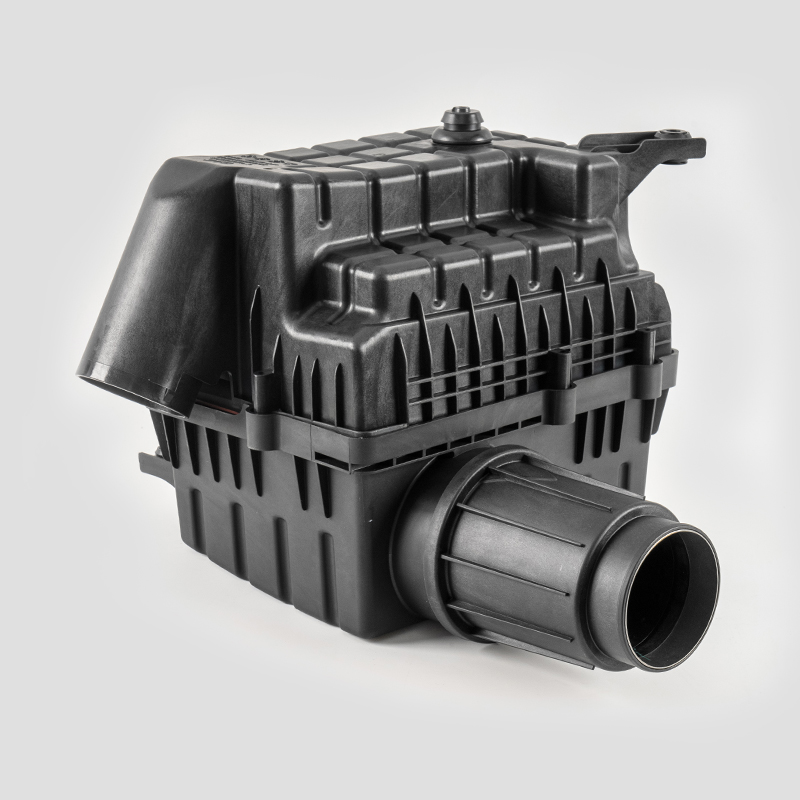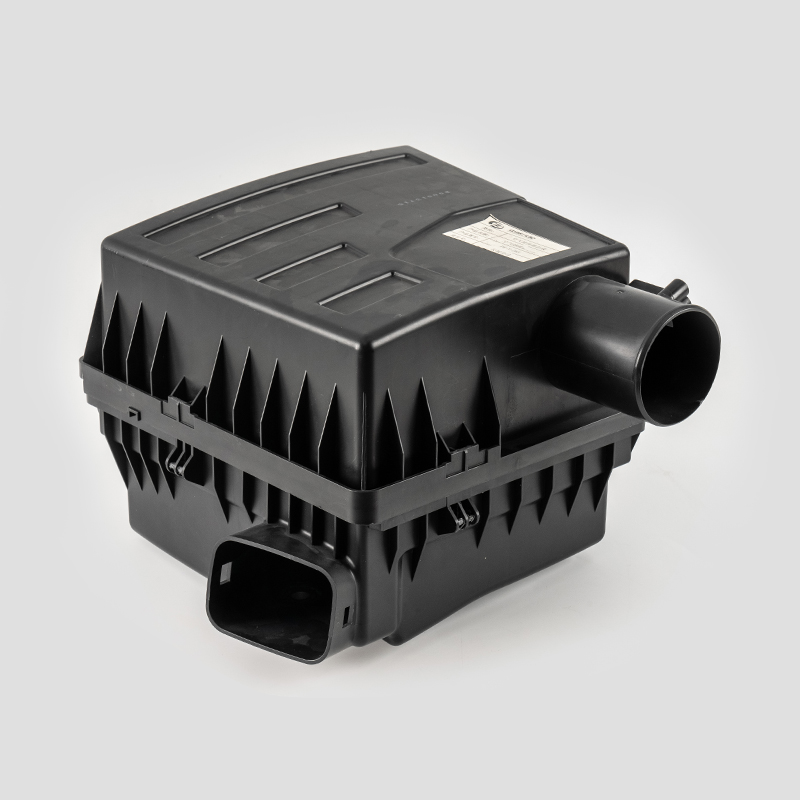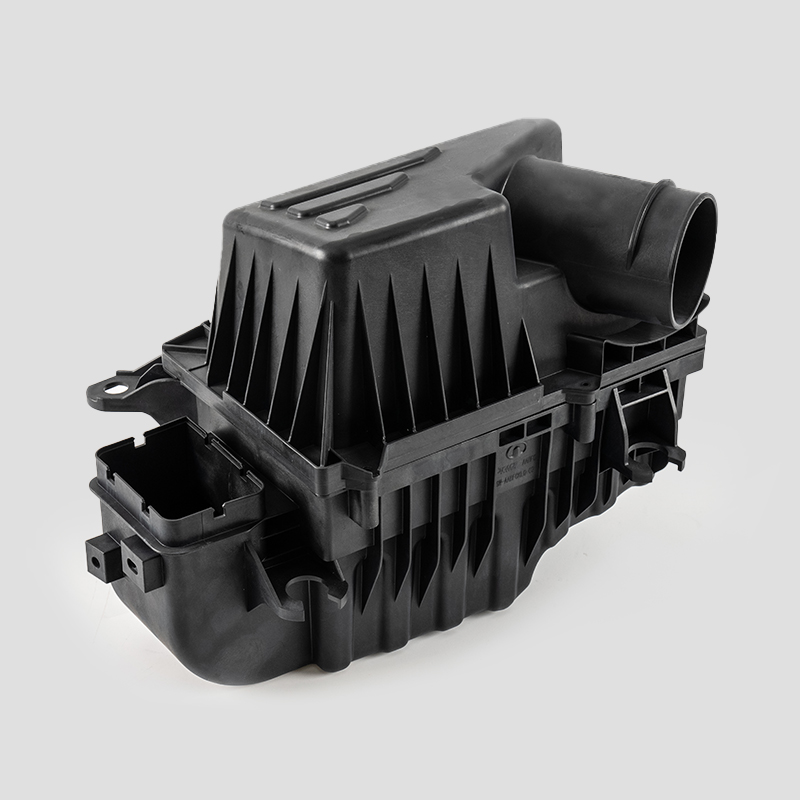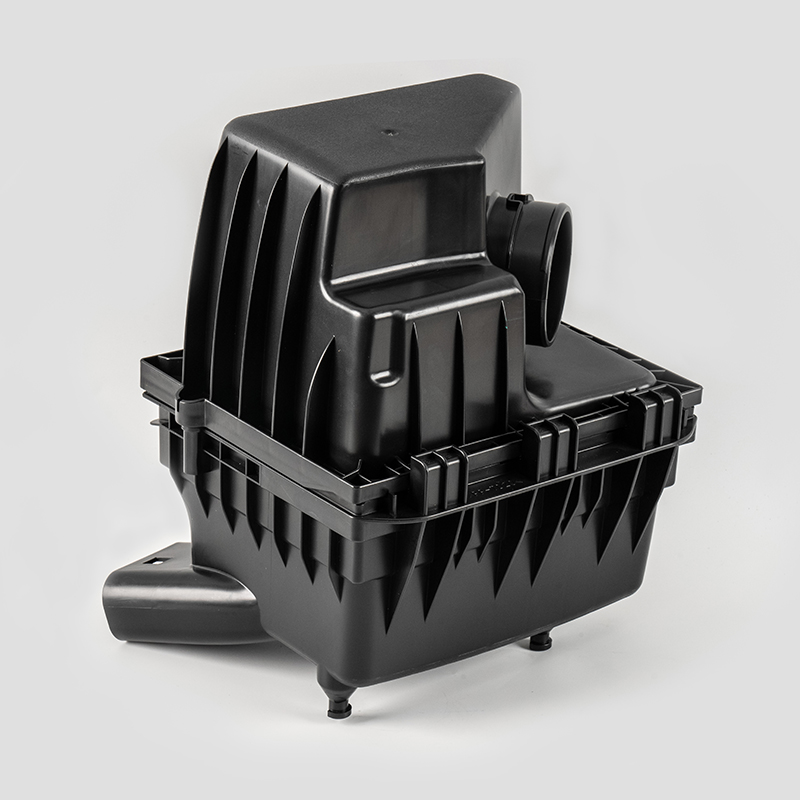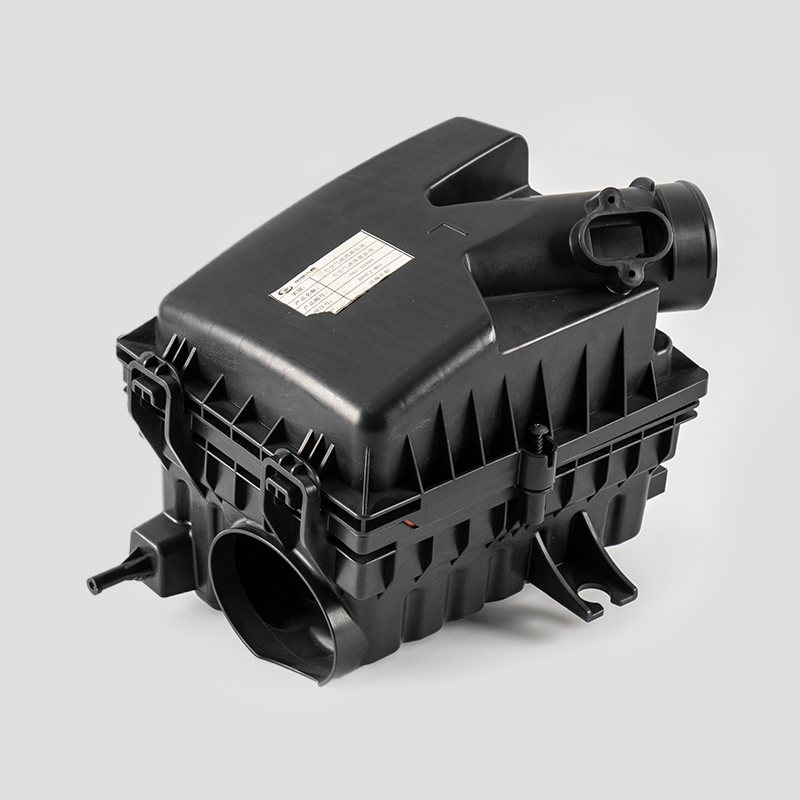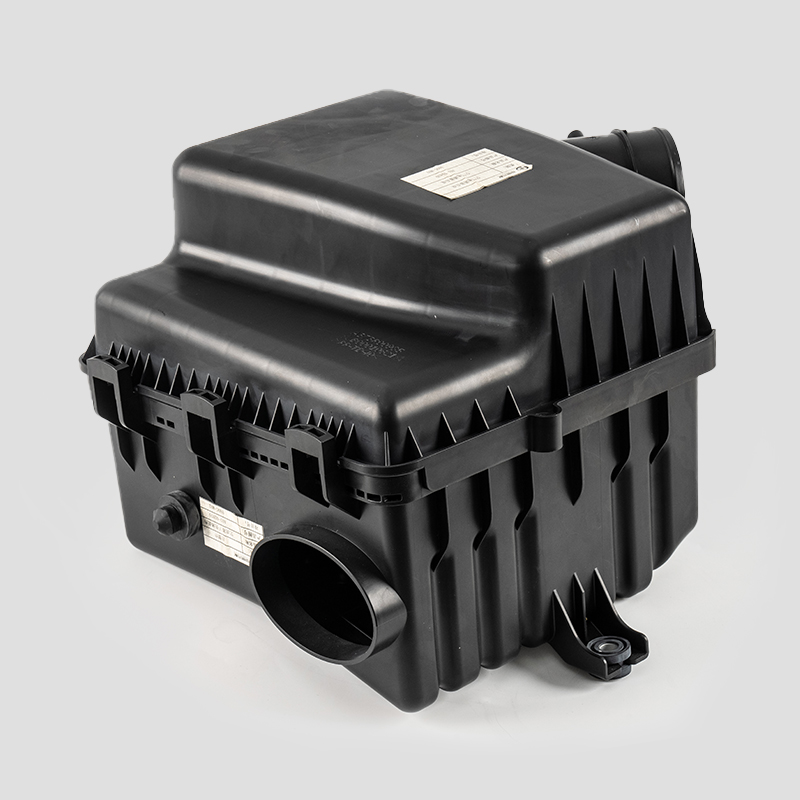What is the primary function of an Automotive Cabin Filter in a vehicle?
The Automotive Cabin Filter plays an essential role in ensuring that the air inside a vehicle remains clean and breathable. Positioned within the vehicle’s HVAC (heating, ventilation, and air conditioning) system, the cabin filter is responsible for filtering out a variety of pollutants, particles, and contaminants before they enter the cabin, where passengers breathe. This small but mighty component has a direct impact on the comfort, air quality, and overall health of those traveling in the vehicle.
When a vehicle is in motion, it draws air through the cabin’s ventilation system, and without a filter, this air would carry dust, pollen, exhaust fumes, and other harmful substances directly into the cabin. The Automotive Cabin Filter intercepts these harmful particles and ensures that only clean, fresh air is circulated. This is particularly important for individuals with allergies or respiratory conditions, as the filter helps reduce the presence of irritants like pollen, dust, mold spores, and pet dander that can trigger allergic reactions or asthma attacks.
In addition to filtering out dust and allergens, the Automotive Cabin Filter also plays a critical role in reducing unpleasant odors. Some cabin filters come with activated charcoal or carbon layers that can trap odors and volatile organic compounds (VOCs), such as those produced by industrial pollutants, smoke, or fumes from other vehicles. This helps to maintain a pleasant atmosphere inside the cabin, especially when driving through areas with high levels of air pollution or in regions where certain odors are more prevalent.
By ensuring that harmful particles and odors do not enter the cabin, the Automotive Cabin Filter contributes significantly to passenger comfort. Whether you are commuting in a bustling city or taking a long road trip, having clean air can make the driving experience much more pleasant. It also enhances the effectiveness of the vehicle’s air conditioning and heating systems. When the filter is clogged or worn out, the HVAC system has to work harder to push air through, reducing efficiency and possibly leading to unpleasant odors, reduced airflow, or the circulation of stale air.
The importance of regular maintenance and timely replacement of the Automotive Cabin Filter cannot be overstated. Over time, as the filter traps dust, pollen, and other particles, it can become clogged. This not only reduces its effectiveness at cleaning the air but also strains the vehicle’s HVAC system, potentially leading to poor air circulation or increased wear on the system. Replacing the filter at regular intervals, typically recommended every 12,000 to 15,000 miles, helps maintain optimal air quality and HVAC performance.




 English
English Español
Español عربى
عربى